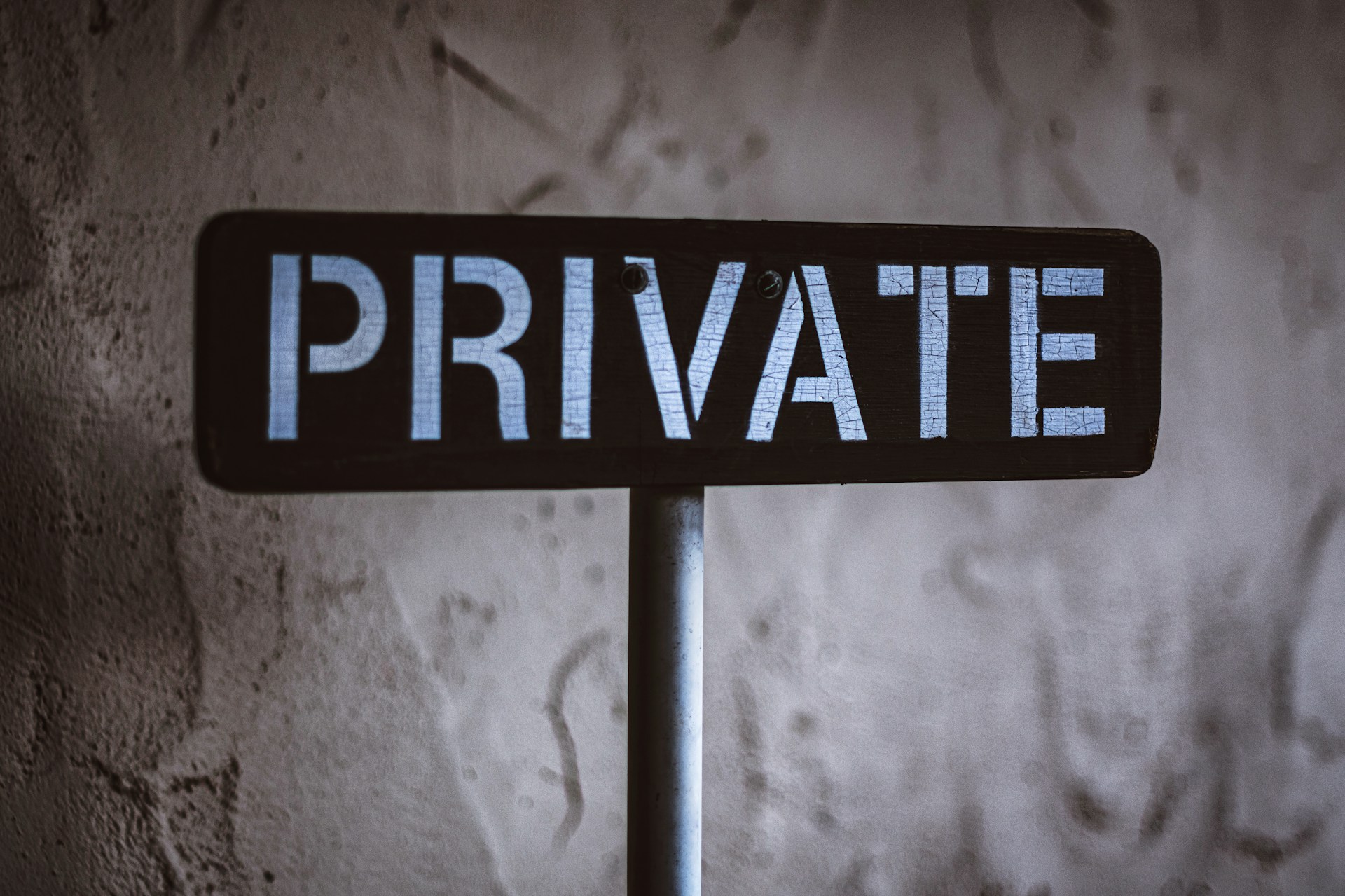The Significance of Virtual Private Networks VPN and How to Select the Best One

The Significance of Virtual Private Networks VPN and How to Select the Best One
Privacy and security are no longer optional in today’s hyperconnected digital world; they are essential components of modern life. Whenever you connect to the internet, whether of whether you are doing so from your home, at work, or over a public Wi-Fi network, third parties have the ability to follow, monitor, and even intercept your behavior. It is at this point that a Virtual Private Network (VPN) is useful. while you use a virtual private network (VPN), a safe and encrypted tunnel is created between your device and the internet. This tunnel protects your data and identity while you are online, and it also provides you with more flexibility while you are using the internet.
This tutorial provides an explanation of the reasons why virtual private networks (VPNs) are considered to be a vital tool in the year 2025, the advantages that they bring, and the process of selecting the most appropriate one for your personal or professional requirements.
1. What Exactly Is a Virtual Private Network (VPN)?
A Virtual Private Network (VPN) is a service that routes your internet traffic via a secure server, which encrypts the data you transmit and receive and prevents your true IP address from being revealed. Your online actions are far more difficult to keep track of for hackers, internet service providers (ISPs), or government authorities as a result of this.
Your connection is initially sent via the virtual private network (VPN) server, which serves as an intermediary while protecting your identity, as opposed to being sent straight to a website.
2. The Reason VPNs Will Be Significant in 2025
As a result of concerns over the following issues, the demand for virtual private networks (VPNs) has increased at a fast rate:
- Protection of privacy: Monitoring of surfing activity is common practice for Internet Service Providers (ISPs) and marketers. They are unable to create a profile on you if you use a virtual private network (VPN).
- Public Wi-Fi Security: Hackers are particularly fond of coffee shops, airports, and hotels as places to look for victims. A virtual private network, or VPN, protects your connection against data theft.
- Circumventing Limitations: A large number of websites and streaming services limit material depending on the region in which the user is located. Virtual private networks (VPNs) provide you the ability to get access to material from all around the world.
- Resistance to Censorship: There are certain areas where specific websites and applications are restricted. Virtual private networks (VPNs) provide a means to circumvent these limitations.
- Data Protection: Encryption is a method that guarantees that sensitive information, such as banking data and work papers, remains safe.
3. Advantages of Utilizing a Virtual Private Network
In addition to providing anonymity, virtual private networks (VPNs) provide a number of other benefits, including:
- Browsing the internet anonymously means that websites will be able to see the IP address of the VPN rather than your own personal IP address.
- Secure Remote Work: When employees are accessing internal systems, companies utilize virtual private networks (VPNs) to safeguard their connections.
- More Favorable Online Deals: There are certain services that alter their prices depending on where you are located. You may use a virtual private network (VPN) to compare pricing from all around the world.
- When you are downloading files using peer-to-peer networks, virtual private networks (VPNs) provide protection for your identity, which makes torrenting safe.
4. Commonly Held Misconceptions Concerning Virtual Private Networks (VPNs)
It is essential to dispel any misconceptions before you start the process of selecting one:
- Virtual private networks (VPNs) do not make you invisible. Even if you are using a virtual private network (VPN), your internet service provider (ISP) can still know that you are doing so, but they will not be able to see what you are doing.
- It is impossible for them to provide protection against every kind of infection. You are not out of the woods when it comes to using antivirus software.
- It is not always safe to use free VPNs. There are a lot of people that keep a record of your data or sell it to those who advertise.
5. Guidelines for Selecting the Optimal Virtual Private Network
Not all virtual private networks (VPNs) are the same. The optimal option will vary depending on whatever factors are most important to you: speed, privacy, pricing, or features. It is essential to take the following aspects into account:
a) Standards for Security and Encryption
When you are looking for encryption, the gold standard in the business is AES-256 encryption.
Make certain that the virtual private network (VPN) is compatible with contemporary protocols, such as OpenVPN, WireGuard, or IKEv2.
b) Policy of Zero Logs
When a VPN company has a rigorous no-logs policy, it indicates that they do not maintain records of your activities while you are using their service.
In order to confirm the validity of this claim, it is necessary to check that the providers have been audited by third parties that are not affiliated with them.
c) Server Network and Locations
Faster connections and reduced congestion are the result of having a greater number of servers.
Having a larger number of locations makes it easier to access material from all over the world.
d) Performance and Speed
There are virtual private networks (VPNs) that slow down the pace of the internet to a considerable extent. Search for services that have been optimized for streaming and gaming.
f) Assistance with streaming and torrenting
Confirm that the virtual private network (VPN) that you are using has the ability to overcome geo-blocks if you want to use Netflix, Hulu, or BBC iPlayer.
When it comes to file sharing via torrents, you should use virtual private networks (VPNs) that have specialized peer-to-peer (P2P) servers.
g) Cross-Platform Compatibility
Make certain that the virtual private network (VPN) is compatible with Windows, macOS, iOS, Android, and even smart TVs or routers.
g) How simple it is to use
For those who are just starting off, it is best to seek for an interface that is simple and requires just one click.
For more advanced users, the ability to customize their settings with precise setups is likely to be preferred.
h) Price and Plans
- The cost of a monthly subscription plan might be anything from three to twelve dollars.
- While long-term plans may provide substantial savings, it is important to ensure that there is a money-back guarantee.
6. Virtual Private Networks: Free vs. Paid
- Free VPNs: They often provide limited bandwidth, fewer servers, and privacy standards that are frequently dubious. There is a possibility that they might include advertisements or keep track of your online behavior.
- Virtual Private Networks (VPNs) that require payment are more dependable, quicker, and safer than those that are free. They also provide greater security features and customer assistance.
- If your primary priority is maintaining your privacy, you should not use free VPNs unless they are provided by a company with an excellent reputation.
7. VPN Providers That Are Recommended in the Year 2025
These virtual private networks (VPNs) are frequently ranked among the finest, despite the fact that there are a large number of alternatives available:
- NordVPN: It offers strong security and thousands of servers, making it an excellent choice for streaming.
- ExpressVPN: Exceptional speed, dependable geo-unblocking, and extensive support for a broad range of devices.
- Surfshark: Unlimited devices per account, with prices that are reasonable.
- ProtonVPN: With a strong emphasis on privacy protection and a reliable policy of keeping no records, this VPN service is a trustworthy option.
- CyberGhost: A user-friendly interface combined with a vast network of servers
8. Virtual Private Networks for Business Use
Additionally, when workers work from home, businesses depend on virtual private networks (VPNs) to ensure that critical information is protected. The following services are provided by enterprise-grade virtual private networks (VPNs):
- Centralized access controls
- Authentication that requires many factors.
- Servers that are dedicated to internal usage
- This guarantees that companies will take steps to protect both the intellectual property and the consumer information that they possess.
9. Possible Disadvantages of Virtual Private Networks (VPNs)
Virtual private networks (VPNs) are beneficial, however they are not without their drawbacks:
- Encryption is the reason for the little decrease in internet speed.
- It is possible that certain websites may prevent traffic from virtual private networks (VPNs).
- Requires that the supplier of the virtual private network (VPN) is trustworthy.
- It is of utmost importance to weigh the benefits against the disadvantages in this situation.
For everybody who is worried about their digital security and freedom on the internet, utilizing a virtual private network (VPN) will be essential by the year 2025, rather than a luxury. You can be certain that your personal data will be protected, you will be able to stream material from anywhere in the world, and your remote work environment will be safe if you choose the proper VPN. It will also provide you control over your digital footprint.
When it comes to selecting a virtual private network (VPN), the four factors you should concentrate on are security, speed, transparency, and usability. Instead of relying on free services that put your privacy at risk, make an investment in a trustworthy paid provider that is tailored to meet your individual requirements.




